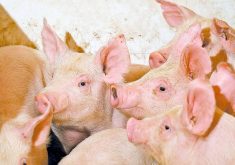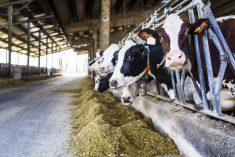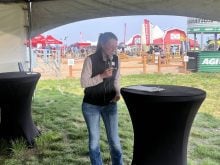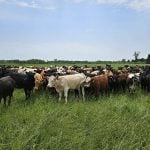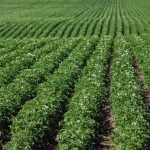An Ontario company’s E. coli vaccine for cattle has earned notice from the Canadian Food Inspection Agency that it meets requirements for full licensing in terms of its safety and effectiveness.
Bioniche Life Sciences of Belleville announced Wednesday that CFIA’s notice puts it within one more task of full licensing for the vaccine to be used on Canadian cattle to reduce the risk of human infection with E. coli O157:H7 through contaminated beef or water.
The company has been distributing the vaccine in Canada under a conditional CFIA permit since late 2006. Bioniche’s most recent submission to CFIA was data from a “controlled challenge” study at the Vaccine and Infectious Disease Organization (VIDO) at the University of Saskatchewan.
Read Also
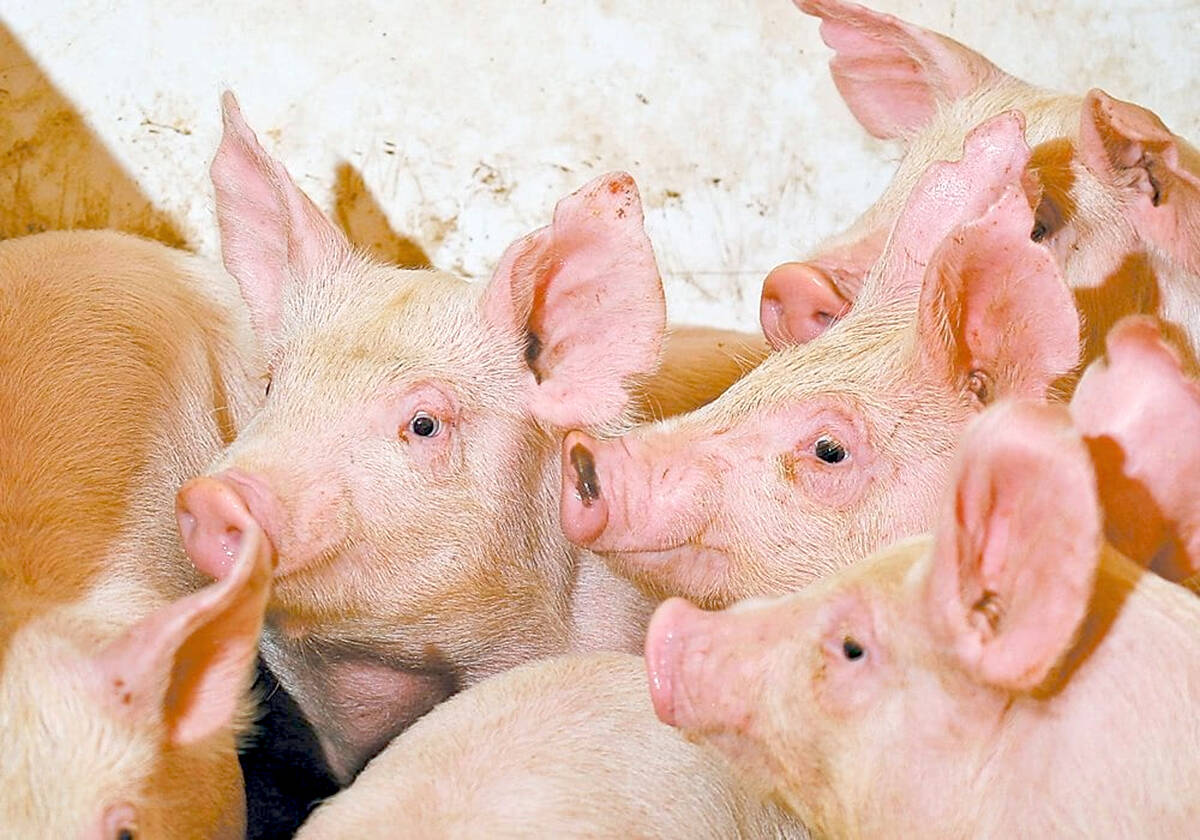
U.S. livestock: Cattle prices down, hogs rise again
Live and cattle futures on the Chicago Mercantile Exchange retreated for a second session, while lean hogs extended their rally….
“This study demonstrated a significant reduction in the number of (E. coli O157:H7) bacteria shed by vaccinated animals and the number of animals shedding,” Bioniche said in a release.
“Based on the satisfactory results of the Bioniche-VIDO study, and supplemental information from Bioniche’s other studies, we have concluded that Bioniche has met the efficacy and safety requirements for licensing of this product,” Dr. Glen Gifford, CFIA’s national manager for veterinary biologics, said in the company’s release.
Now, as part of the standard licensing requirements, Bioniche must complete quality control tests on three pre-commercial batches of the vaccine to verify “consistency of manufacturing processes,” a task it expects to complete “within the next few months.”
“We have demonstrated definitive efficacy of the vaccine and, on completing one last task, we’ll have a full license in hand,” said Bioniche CEO Graeme McRae.
U.S. expectations
Bioniche also continues to work toward a U.S. conditional license for the E. coli O157 vaccine. The U.S. Department of Agriculture (USDA) told Bioniche in February that the latest data for the vaccine “meets the ‘expectation of efficacy’ standard” and is eligible for a conditional license.
However, that now depends on Bioniche developing a plan “that would collect sufficient data to move the product to full licensure.” A conditional USDA license, when granted, would give the company full access to the U.S. market.
That access comes with two restrictions, the company said: at least one step in the manufacturing process must be performed in the U.S., and Bioniche will not be permitted to use a trademark name for the vaccine.
An estimated 100,000 cases of human infection with O157:H7, one of the more harmful strains of E. coli, are reported each year in North America, the company said. “On-farm interventions to reduce the shedding of E. coli O157:H7 by cattle, such as vaccination, may assist in reducing the potential for food and water contamination and the resulting human illnesses and deaths.”


